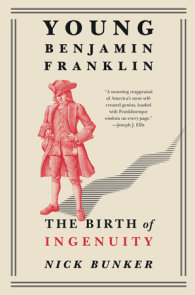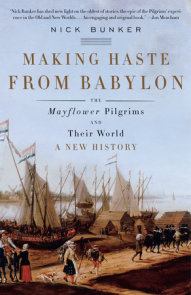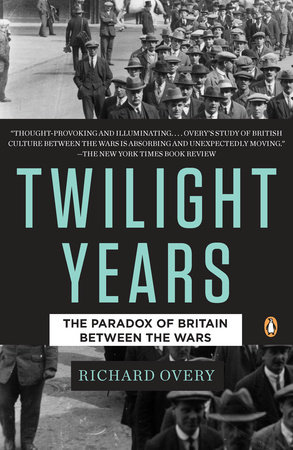


-
$19.00
Aug 04, 2015 | ISBN 9780307741776
-
Sep 16, 2014 | ISBN 9780385351645
YOU MAY ALSO LIKE

The Western Way of War
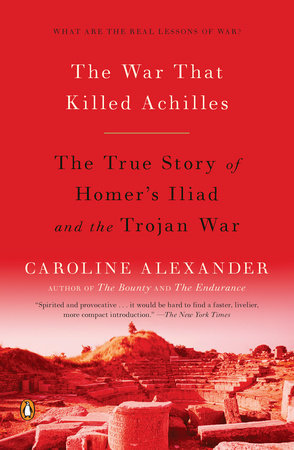
The War That Killed Achilles
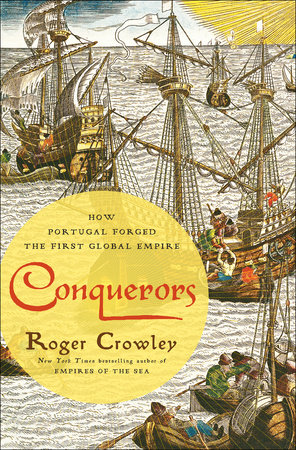
Conquerors
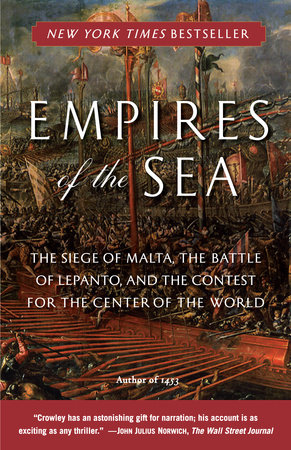
Empires of the Sea
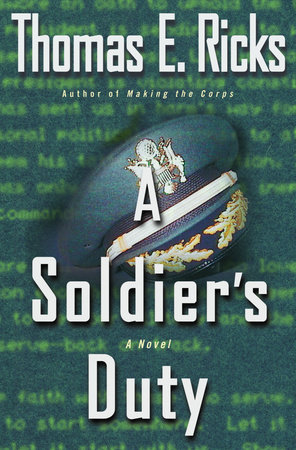
A Soldier’s Duty
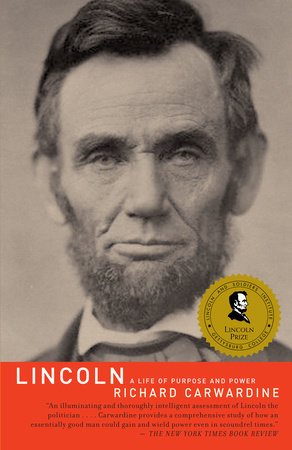
Lincoln
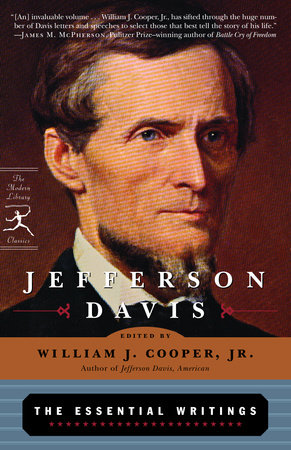
Jefferson Davis: The Essential Writings
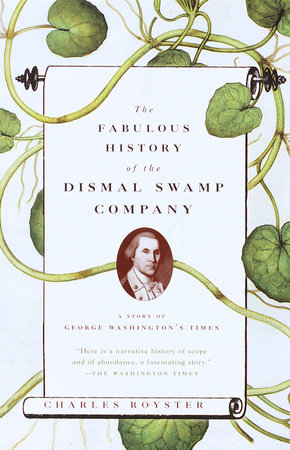
The Fabulous History of the Dismal Swamp Company
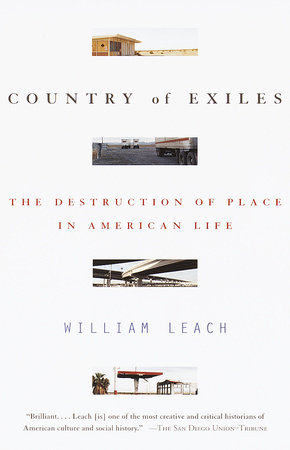
Country of Exiles
Praise
Finalist for the 2015 Pulitzer Prize in History
Winner of the 2015 George Washington Prize
Winner of the 2015 Fraunces Tavern Museum Book Award
“[A] bracing gallop through the three years leading up to the ‘shot heard round the world.’. . . A broad and telling portrait.” —The Wall Street Journal
“Absorbing and detailed. . . . Bunker’s narrative is human and even-handed; and from the Boston harbourside to the salons of London, a complex and epic tale is told with colour and enthusiasm.” —The Sunday Telegraph (London)
“Bunker’s tightly argued and deeply researched book shows how a broader perspective can shed new light on even the most familiar events.” —Foreign Affairs
“A joy. . . . An exciting backstage look at the events that caused the American Revolution. . . . [and] an excellent analysis of the situation in the American colonies and Great Britain in the 18th century.” —New York Journal of Books
“Nearly two and a half centuries after the fact, it would seem all but impossible to shed fresh light and insight into the origins of the American Revolution. And yet, this is precisely what journalist-turned-financial analyst-turned-historian Nick Bunker has accomplished in a majestic new study of the events leading up to shots being fired at Lexington and Concord in 1775.”
—The Manchester Journal
“Highly recommended.”
—Andrew Lambert, BBC History Magazine
“A nuanced global analysis of Britain’s failure to hold onto its American colonies. . . . riveting. . . . With a sharp eye for economic realities, Bunker persuasively demonstrates why the American Revolution had to happen.”
—Publishers Weekly (boxed review)
“An eye-opening study of the British view of the American Revolution and why they were crazy to fight it. . . . the failure of British leadership to recognize the warning signs will astonish readers who thought the Revolution was just about tea. A scholarly yet page-turning, superbly written history.”
—Kirkus (starred review)
“[An] enthralling examination of the three years leading up to the American Revolution. . . . Bunker sets the story in its global context. However, he is also good at zeroing in on the local and unfamiliar.”
—The Times (London)
“Utterly absorbing and full of colour, we learn afresh what a mess Britain made of leaving America and, crucially and importantly, how that mess shaped the American psyche.”
—Justin Webb, presenter, BBC Today Programme
“Bunker’s is a fascinating historical account, with implications that go beyond its subject matter into the question of how empire-building works—or doesn’t.”
—The Columbus Dispatch
“Nick Bunker dazzles the reader with a deeply researched and clear-eyed accounting of the dissolution of the mighty—but woefully overextended—British Empire, and in particular its 13 colonies in North America. Bunker’s mellifluous prose fairly jumps off the page, drawing the reader deeper and deeper into this intricate and fascinating tale.”
—William D. Cohan
Awards
Fraunces Tavern Museum Book Award WINNER 2015
George Washington Book Prize WINNER 2015
Pulitzer Prize (History) FINALIST 2015
21 Books You’ve Been Meaning to Read
Just for joining you’ll get personalized recommendations on your dashboard daily and features only for members.
Find Out More Join Now Sign In









